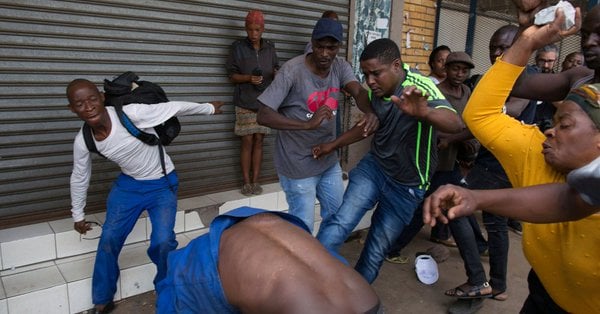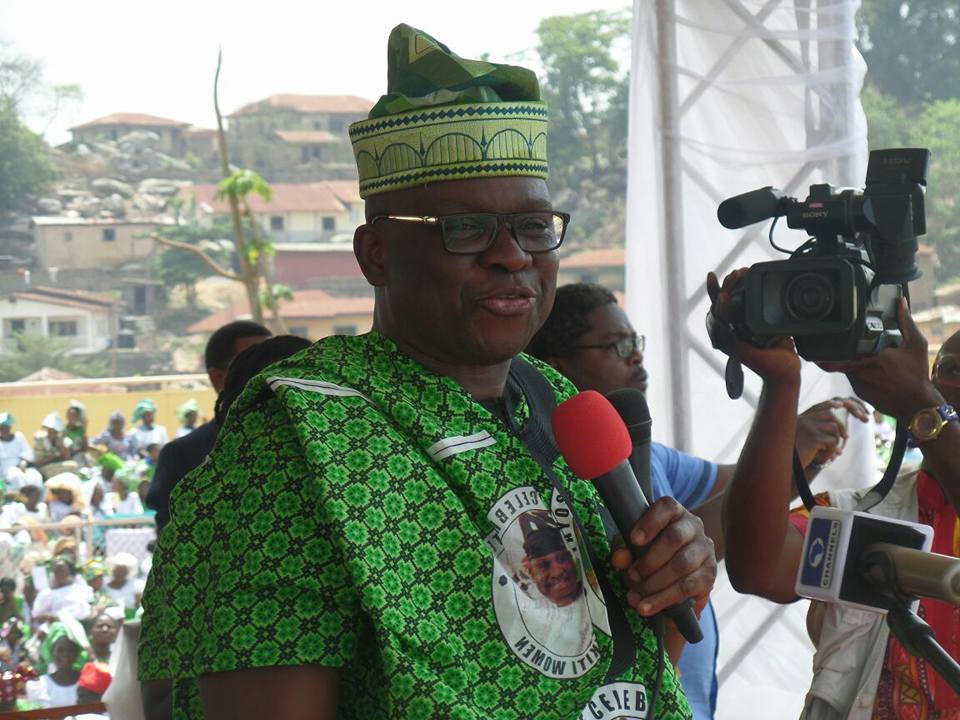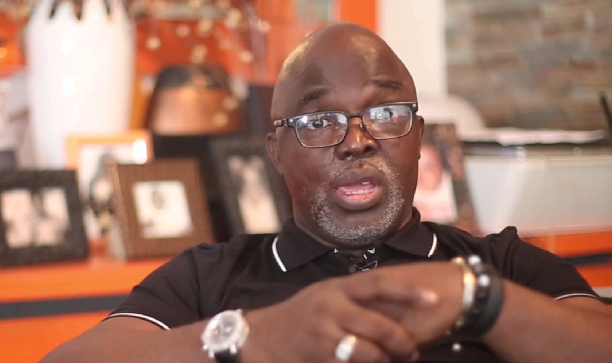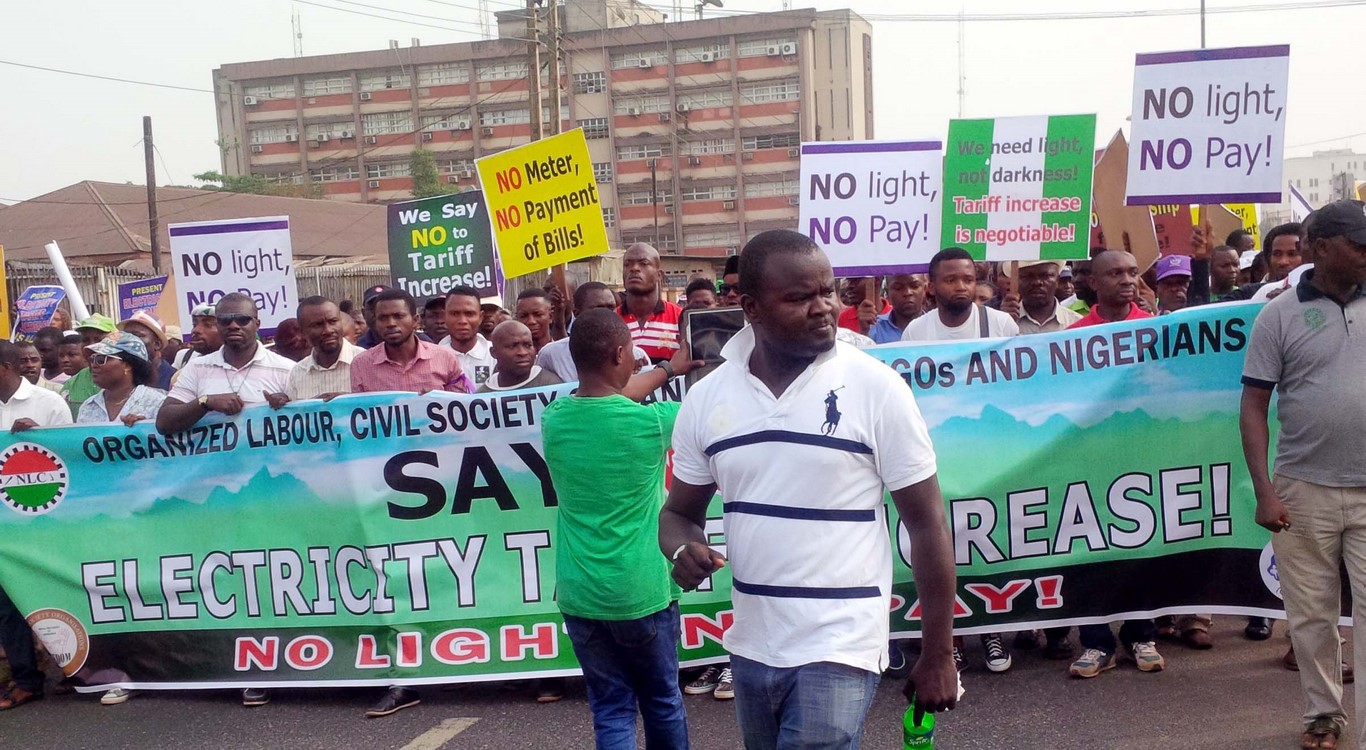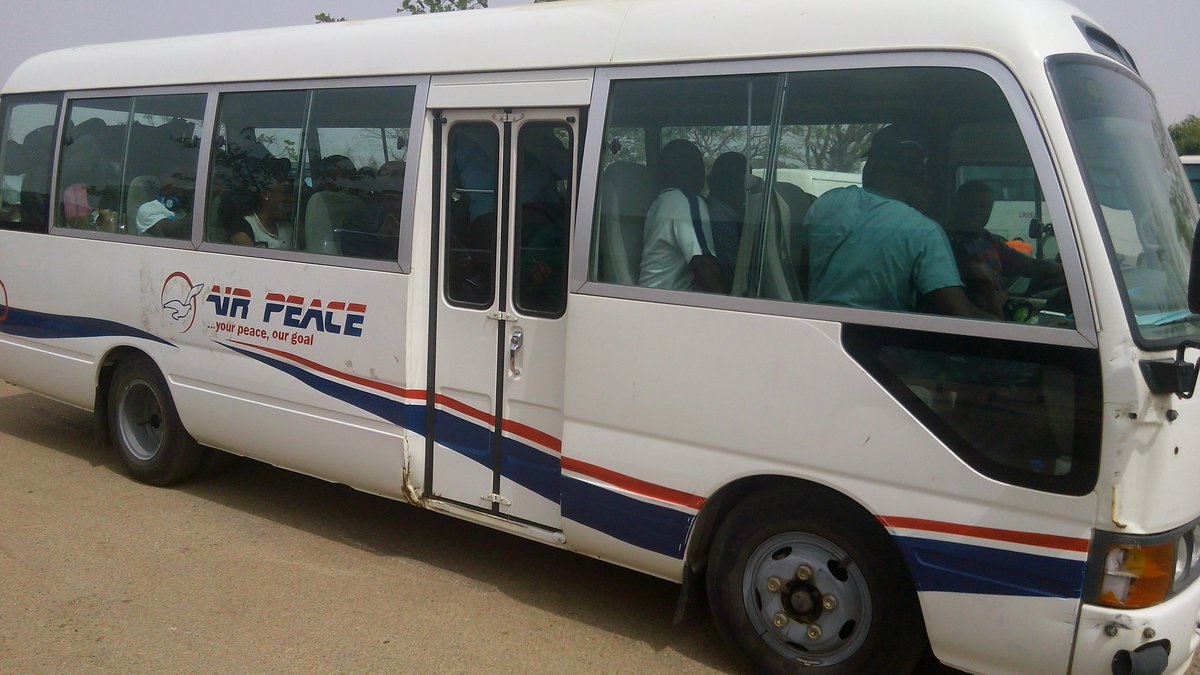BY INNOCENT ADULUGBA
“Africa for the Africans!” This is the slogan on the airwaves right from my toddlerhood in the ‘80’s. This is the old catchy phrase breaking down “colonial frontiers” and uniting Africans in an unbroken chord of brotherhood especially on the pedestal of political independence.
However, nowadays, my observation is this; Africans living in other countries other than their countries of origin are grimly accustomed to invectives and expletives as they are constantly targets of obnoxious citizens. Today, the phrase has seemingly been made nonsense of. Rather, the malady has mutated from mere verbal repugnance to pockets of violence and killings, viewed from “non-African lenses” as social cannibalism.
Across Africa, this ugly trend has pervaded. In Ghana, between 1969 and 1970, the government of K.A. Busia, initiated the infamous Aliens Compliance Order which oversaw then forced expulsion of “aliens” mostly Nigerians and Burkinabes.
The early 1980s saw Nigeria dish out reprisals to a horde of Ghanaians. Only recently, in Côte d’Ivoire, during the political tussle between Laurent Gbagbo and Alasan Watara, the Malians suffered the fate being meted out to “aliens.” The case is the same in Libya. Today, it is the same story in the Republic of South Africa. The Rainbow Nation is home to people of many and diverse nationalities, and a cosmopolitan society of many languages and cultures in a globalizing world. The plague of the Apartheid era which ended in 1994 after a scorching 81 years, made the country claustrophobic, and detached from outside influence.
Advertisement
The essence of globalization is to expand economic space for international human and capital investments penetration by removing all national and economic barriers against foreign investments. Thus there is the presence of Chinese in America and vice versa. Many American, European and Canadian athletes making podium appearances at regional and global sporting events are African exports! Whereas foreigners in South Africa were nearly non-existent ab initio, the country is today wearing the tag of “Rainbow Nation” because of the plethora of multinationals. I believe by hosting the 2010 FIFA world Cup, South Africa has come of age as a multi-racial enclave.
The foreigners (including Nigerians) in South Africa have a lower rate of unemployment because they venture into entrepreneurship and also accept jobs that aboriginal South Africans are reluctant to take. This has led to a constant increase of attacks. Interestingly, the reality is that all over Africa, recognizable BIG businesses, hotel and tourist industries are the exclusive domain of American, European and Asian capitalists who reap all the profits, leaving Africa worse off. These mega bourgeoisies are permanently left untouched.
The sequence of Nigerian victims of fatalities and forceful deportations thus begs the question: is this Xenophobia or financial competition? Is this a problem of historical enlightenment or political economy? At the kernel of xenophobia is the problem of “the haves and have-nots” which is central to the war, violence and hatred. Clearly, xenophobia cannot be divorced from the economic life of the masses.
Advertisement
Only recently, Nigerians were massively victims of a new wave of attacks, their businesses and means of livelihood being destroyed or shut down. Unprecedentedly, there were reports of reprisal in Abuja, and threats on the property of South African business enterprises including Multi-Choice, Shoprite, GOTV/DSTV, South African Airways, SAASOL Oil and MTN among others.
My view is this; it is crystal clear that neither the attacks on Nigerians in South Africa nor the attack on South Africa associated companies in Nigeria can lead to a peaceful end.
Attacking these business in Nigeria will amount to Nigerians hurting themselves. If we plunder Shoprite, Multichoice, and other South African business in Nigeria, it is tantamount to hurting Nigerians because of the huge Nigerian interest aside the workforce in these mercantile establishments. For instance, Africa’s largest telecommunications company, MTN, has invested over N3.2 trillion in our economy.
Since 2001, MTN is officially recorded to have contributed over N 1.6tr to government coffers through taxes, levies and regulatory payments, providing jobs for nearly 1,000,000 Nigerians, directly and indirectly. Also, the MTN Foundation has spent over N18bn through CSR in almost every local government in Nigeria. They’ve disbursed over $3.5bn worth of businesses through adverts and sponsorships, and patronage of Nigerian hospitality and entertainment industry and contractors. Imagine the economic vacuum of unemployment and desolation if we plunder just MTN out of the others, on the adrenaline of vendetta and the psyche of reprisals?
Advertisement
Leading voices across both fault lines have vehemently condemned the scourge.
Frank Magwegwe, a South African Author wrote in his blog; “We must be quite clear that we expect foreigners to be employed legally, paid collective bargaining or statutory wages, pay their taxes and respect our laws including those governing state benefits.”
Magwegwe points at the South African government as not doing enough. “Every political party is owned and controlled by the rich who contribute money which is used to canvass support from the poor masses. Such party in power is in reality the executive committee of the rich people behind it. All policies are aimed at the welfare of the rich albeit camouflaged in populism. In the process basic necessities for the masses are underfunded but can be afforded by the rich. This inevitably results in discontent, alienation and disobedience among the masses. All of these fans the embers of social restiveness among the masses.”
Similarly, Bishop Abel Gabuza‚ chairperson of The Southern African Catholic Bishops’ Conference (SACBC) Justice and Peace Commission has called for calm and restraint. To him, “No grievance justifies violence against foreign nationals.”
Advertisement
However, I stand to be corrected in stating that, a greater measure to curb this mayhem depends on the weight and impact of the Corporate Social Responsibility strategies of South African Multinationals with big Businesses in Nigeria viz: Standard Bank, Stanbic-IBTC, DSTV, Multi-Choice, MTN, South African Airways, SHOPRITE, SAASOL Oil etc. These Multinationals fatten their coffers of profit from Nigeria’s teeming population market. For example, MTN is the telecom’s most lucrative base!
To maintain peace in South Africa and preserve property abroad, these conglomerates must adopt high tempo orientation activities which could span over eighteen months to communicating anti-xenophobic clichés and advertorials across media platforms like newspapers, radio mentions, social media and text messages to the South African populace and institutions. The conglomerates must employ concerted efforts to influence and prevail on the South African Authorities to reverse de-registered Work and Residence Permits as well as Bank Accounts. This will confer legitimacy on their stay and count them worthy of protection from municipal laws and securities and thus make life easy for Nigerians and other immigrants thereby promoting the ideals of globalisation.
Adulugba tweets @Innoadulugba
Advertisement
Views expressed by contributors are strictly personal and not of TheCable.
Add a comment
